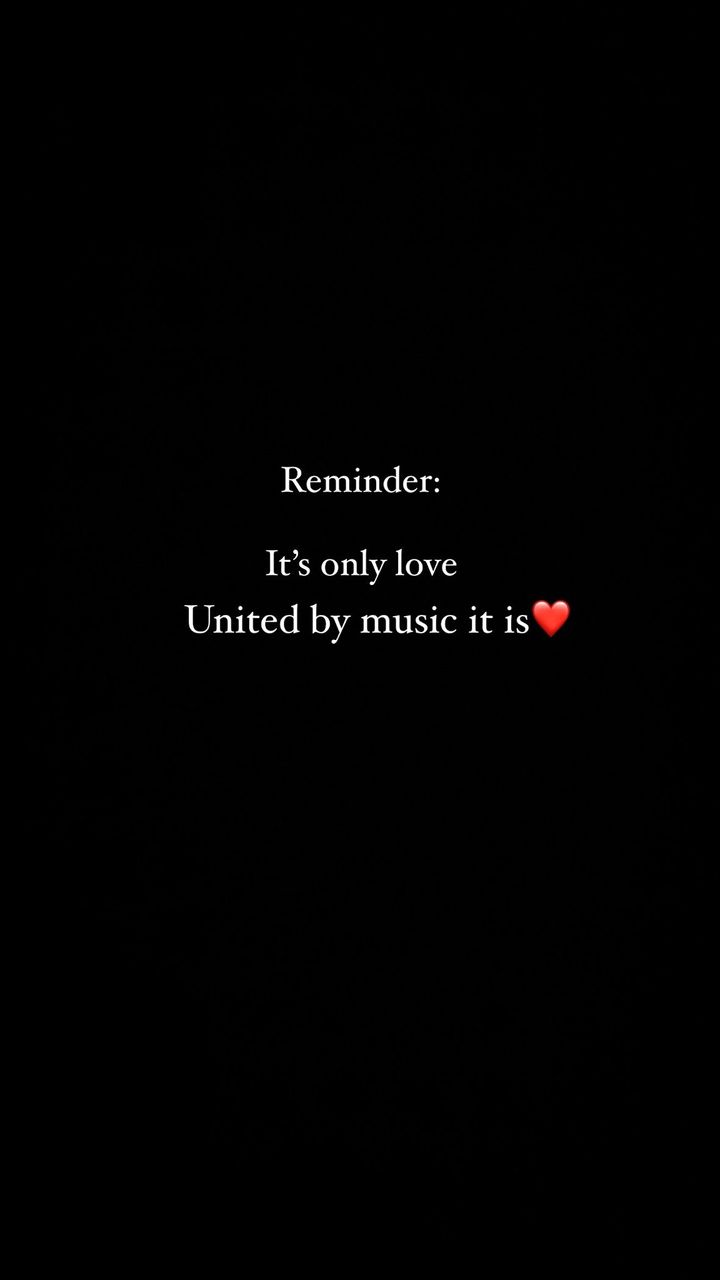Eurovision bosses have spoken out after guest singer Eric Saade incorporated a traditional Palestinian garment into his semi-final stage outfit.
Before this year’s acts each sang for the first time on Tuesday night, the semi-final got underway with a medley of old Eurovision hits performed by finalists including Eric, Eleni Foureira and Chanel.
Advertisement
While performing his hit Popular, the Swedish singer – who is of Palestinian descent – was seen sporting a keffiyeh wrapped around his wrist.
Following Eric’s performance, a spokesperson for the European Broadcasting Union (EBU), which organises Eurovision, rebuked the singer for what they described as a “compromise” of the “non-political nature of the event”.
“The Eurovision Song Contest is a live TV show,” they said (via ITV News).
“All performers are made aware of the rules of the contest, and we regret that Eric Saade chose to compromise the non-political nature of the event.”
Posting on his Instagram story after the semi-final, Eric wrote: “Reminder – it’s only love.”
Referencing this year’s Eurovision slogan, he added: “United By Music it is.”

Instagram/Eric Saade
Advertisement
Eric subsequently issued a statement in Swedish to SVT, which has been translated by one fan on X to read: “I got this [keffiyeh] from my father as a little boy, to never forget where our family is from. Back then I didn’t know that it would one day be called a ‘political symbol’.
“It’s like calling ‘Dalahästen’ [a traditional Swedish horse statue] a political symbol. In my eyes it’s only racism.”
“I just wanted to be inclusive and wear something that felt real to me – but the EBU seem to think that my ethnicity is controversial. It says nothing about me, but everything about them. I say like this year’s ESC-slogan: United by music.”
In the lead-up to his performance, Eric branded the EBU’s “handling” of this year’s Eurovision “disgraceful”, and wrote the slogan United By Music is “a joke”.
Advertisement
He also claimed organisers “do not permit any Palestinian symbols inside the arena” while “symbols representing any other ethnicity in the world are welcomed”.
“Therefore, it is more crucial than ever for me to be present on THAT STAGE,” he added. “You may take our symbols, but you cannot take away my presence.”
Reports have claimed that since 2023, only flags of the competing countries, the European Union flag and the Pride flag are permitted inside a Eurovision venue.
HuffPost UK has contacted the EBU for clarification on this.
This year’s Eurovision Song Contest is taking place in Malmö, Sweden, and has faced a backlash from some regular fans due to Israel’s continued involvement, despite the ongoing conflict in the Middle East.
After facing calls to withdraw from the competition in solidarity with Palestine, a number of acts – including the UK’s own Olly Alexander – released a joint statement which read: “In light of the current situation in the Occupied Palestinian Territories, and particularly in Gaza, and in Israel, we do not feel comfortable being silent.
Advertisement
“It is important to us to stand in solidarity with the oppressed and communicate our heartfelt wish for peace, an immediate and lasting ceasefire, and the safe return of all hostages. We stand united against all forms of hate, including antisemitism and islamophobia.
“We firmly believe in the unifying power of music, enabling people to transcend differences and foster meaningful conversations and connections. We feel that it is our duty to create and uphold this space, with a strong hope that it will inspire greater compassion and empathy.”
After the first semi-final on Tuesday, Irish act Bambie Thug claimed they’d also been made by the EBU to remove messages of solidarity with Palestine from their stage costume.
Earlier this year, it was reported that Eurovision organisers had taken issue with Israel’s submitted song due to its supposedly “political” lyrics, with the country’s national broadcaster Kan saying they would rather withdraw from the competition than change the song.
Advertisement
However, the Israeli delegation later appeared to have had a change of heart, after it was confirmed that Eden Golan would be representing Israel at the competition, with a rewritten version of her original song, now titled Hurricane, after being changed from October Rain.




